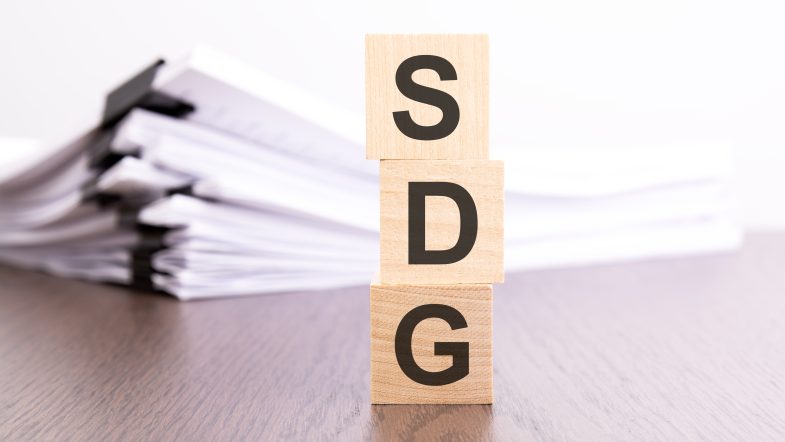Robeco announces that its Sustainable Development Goals (SDG) scores are now accessible via the Bloomberg Terminal. This significant development is part of Robeco’s Sustainable Investing (SI) Open Access Initiative, launched in 2022, through which Robeco offers free insights into individual SDG scores of over 30 thousand companies.
Robeco has been at the forefront of sustainable investing for over 25 years, with a strong commitment to integrating environmental, social, and governance (ESG) factors into its investment processes. Robeco’s SDG scores, rooted in a robust and transparent framework, measures the extent to which companies contribute positively or negatively to the United Nations’ Sustainable Development Goals (SDGs). These scores are pivotal in Robeco’s SDG-aligned credit, equity, and index strategies, and now, through the Bloomberg Terminal, a broader audience can leverage this data to assess companies’ performance on SDGs.
Patricia Torres, Global Head of Sustainable Finance Solutions at Bloomberg: “As the demand for sustainable investment strategies continues to grow, access to high-quality data is essential for investors seeking to align their portfolios with the Sustainable Development Goals. By integrating Robeco’s SDG scores into the Bloomberg Terminal, we are providing our users with critical insights that enable them to assess the impact their investments have on their sustainability objectives. This collaboration underscores our commitment to empowering the financial community with the tools needed to make informed decisions and foster a more sustainable future.”
Carola van Lamoen, Head of Sustainable Investing at Robeco: “Data quality and accessibility are among the most pressing challenges in sustainable investing today. We are proud to expand our SI Open Access Initiative, by making our SDG scores available on the Bloomberg Terminal. This initiative not only enhances transparency but also empowers investors to make more informed decisions based on impact materiality — how companies contribute to society and nature, not just their financial bottom line.”
Source
